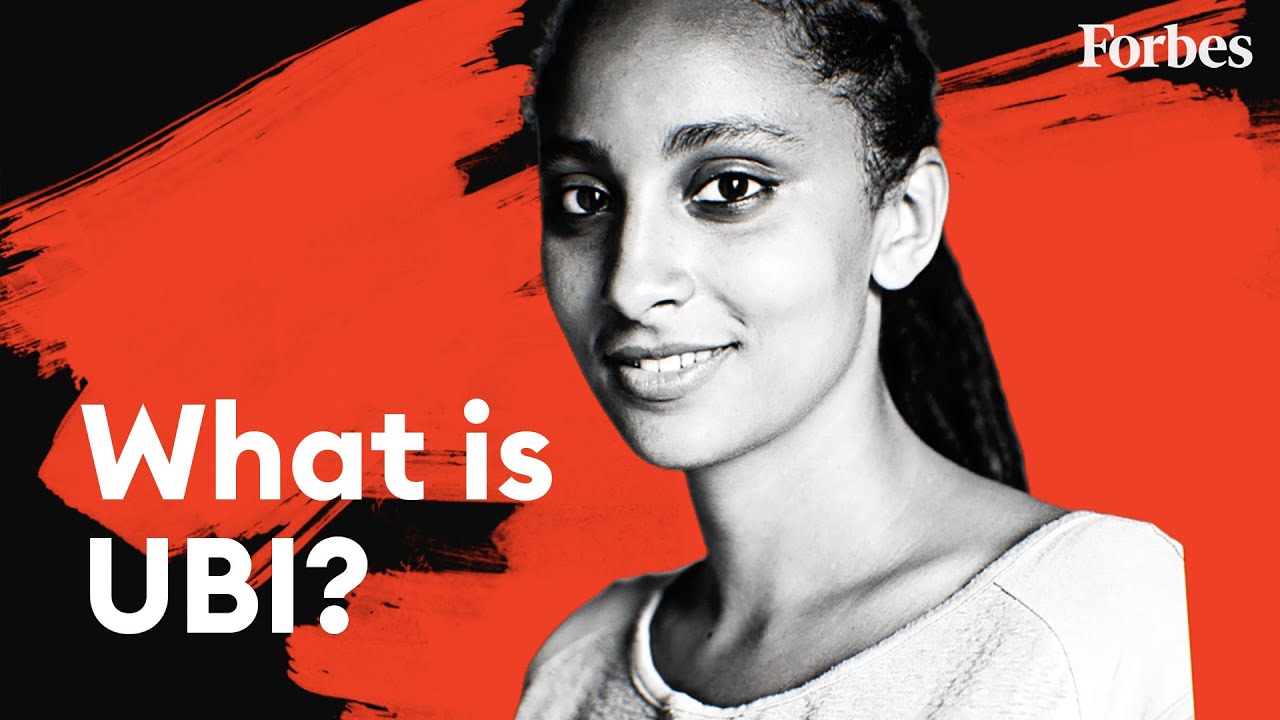Universal Basic Income, or UBI, has become more commonplace in discussions around alleviating poverty. New York City mayoral contender and former presidential candidate Andrew Yang has consistently made it a part of his political platform. In Stockton, California, a UBI experiment giving $500 a month to randomly selected residents for two years helped improve overall job prospects, financial stability and well-being. However, the idea has been in American history for a long time. Juliana Bidadanure, the faculty director of Stanford’s Basic Income Lab, explains how UBI works and how it compares to traditional welfare programs.
Forbes Defined is an original show where industry experts define and contextualize the buzziest and most often misunderstood terms and concepts of today. This straight-to-camera series puts the expert in the professor’s seat, allowing them to teach our audience in an accessible, video-first format. In Season 2, Forbes will cover everything from Lidar to UBI and even the MPA Rating System. Tune in every Monday at 4pm for a new episode.
Subscribe to FORBES: https://www.youtube.com/user/Forbes?sub_confirmation=1
Stay Connected
Forbes newsletters: https://newsletters.editorial.forbes.com
Forbes on Facebook: http://fb.com/forbes
Forbes Video on Twitter: http://www.twitter.com/forbes
Forbes Video on Instagram: http://instagram.com/forbes
More From Forbes: http://forbes.com
Forbes covers the intersection of entrepreneurship, wealth, technology, business and lifestyle with a focus on people and success.
What Is Universal Basic Income And How Is It Different From Welfare Programs? | Defined | Forbes
